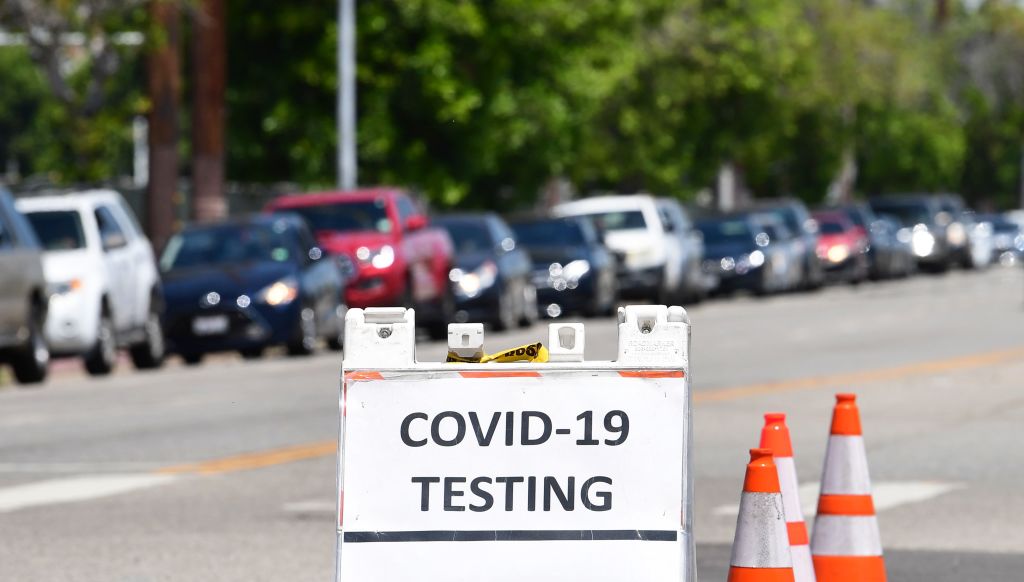Increased demand leads to 'a new testing crisis' in some cities


A free daily email with the biggest news stories of the day – and the best features from TheWeek.com
You are now subscribed
Your newsletter sign-up was successful
The United States may have increased the number of coronavirus tests conducted daily, but numerous cities are continuing to face major issues keeping up with demand as new cases accelerate across the country.
A new report in The New York Times delves into what it describes as "a new testing crisis" in the United States, as "demand for testing has soared, surpassing capacity" while states experience a spike in COVID-19 cases. The issues with testing arising all over the country stem from three main problems, the Times writes: "a shortage of certain supplies, backlogs at laboratories that process the tests, and skyrocketing growth" in COVID-19 cases.
In particular, the report describes one New Orleans testing site that ran out of tests just five minutes after opening its doors and ended up having to turn people away, while in Phoenix, some people have had to wait "as long as eight hours" to get tested. Plus, certain cities, including San Antonio and Austin, are responding to increased demand by just testing people with symptoms, even though people without symptoms can also contract and spread the virus.
The Week
Escape your echo chamber. Get the facts behind the news, plus analysis from multiple perspectives.

Sign up for The Week's Free Newsletters
From our morning news briefing to a weekly Good News Newsletter, get the best of The Week delivered directly to your inbox.
From our morning news briefing to a weekly Good News Newsletter, get the best of The Week delivered directly to your inbox.
"The United States of America needs a more robust national testing strategy," Phoenix Mayor Kate Gallego told the Times, while Johns Hopkins Hospital infectious disease expert Dr. Morgan Katz said these issues are "terrifying" and point to "a failure of the system." Read more at The New York Times.
A free daily email with the biggest news stories of the day – and the best features from TheWeek.com
Brendan worked as a culture writer at The Week from 2018 to 2023, covering the entertainment industry, including film reviews, television recaps, awards season, the box office, major movie franchises and Hollywood gossip. He has written about film and television for outlets including Bloody Disgusting, Showbiz Cheat Sheet, Heavy and The Celebrity Cafe.
